
Harry Potter had some of the most insane world-building that any franchise ever had, and with it came an enchanting magic system. It’s hard to pinpoint how J.K. Rowling did it exactly. The magic is so complex and intense but it was somehow easy to follow, with the rules introduced as we went along with the series.
But there seemed to be some strange limits to the magic, to be honest. While reading, there were some rules that made me pause and go, “wait, what?”.
Some of them make sense, making you do a double-take for a second as you wrap your head around it, and some of them will truly give you an eyebrow-raising moment.
RELATED: Harry Potter: The 15 Most Powerful Magical Artifacts, Ranked
10. It Can’t Be Used Under The Age Of Seventeen
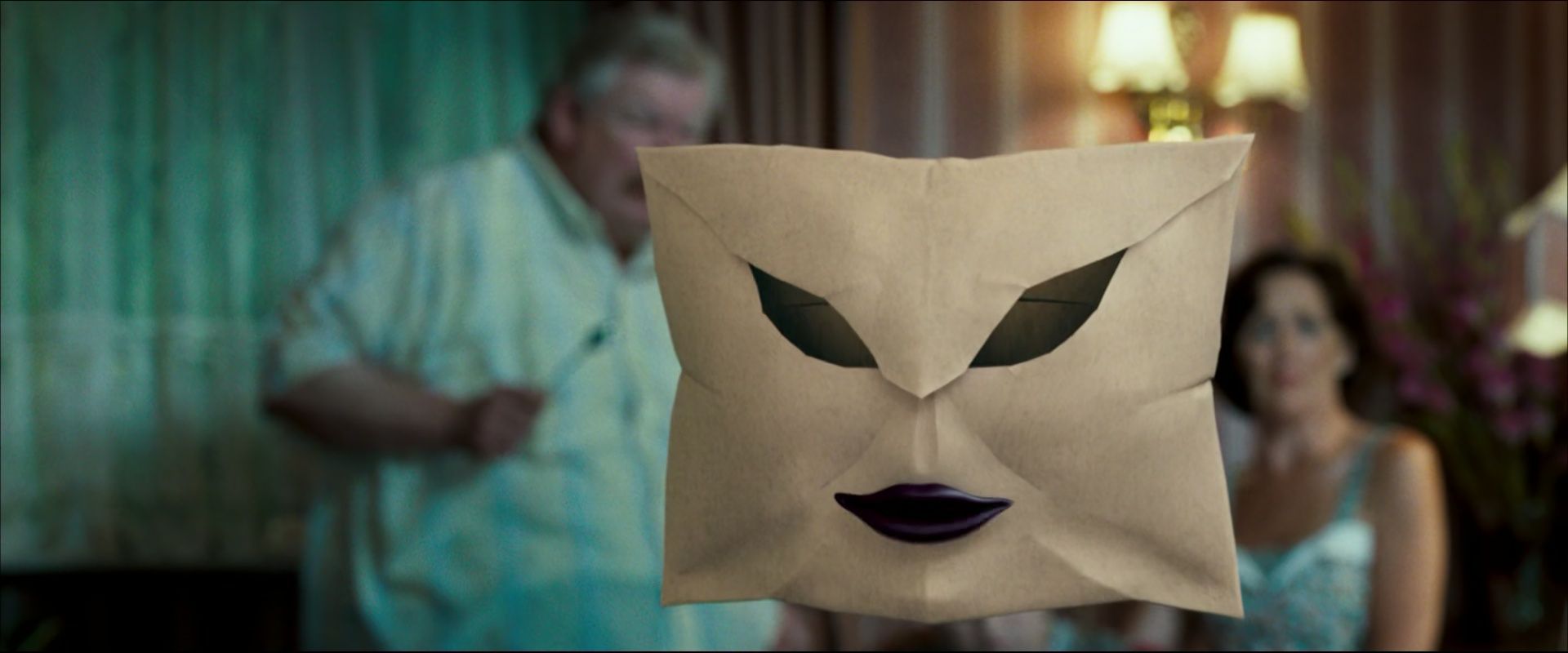
For some reason, witches and wizards aren’t allowed to deliberately use magic under the age of 17 unless they’re at school, as instructed by the Ministry of Magic. This gets kind of contradicted in the movies when Hermione uses it on the Hogwarts Express (she would never break the rules!), but the books stick to it pretty steadfastly.
An exception is made for life-threatening situations, but it seems like a pretty strict rule since it means students can’t do any practical homework over the holidays when they’re away from school. Wouldn’t it make more sense for there to be a law that they just need to be supervised? No?
9. It’s Stronger When Channeled Through A Wand, But It Doesn’t Have To Be
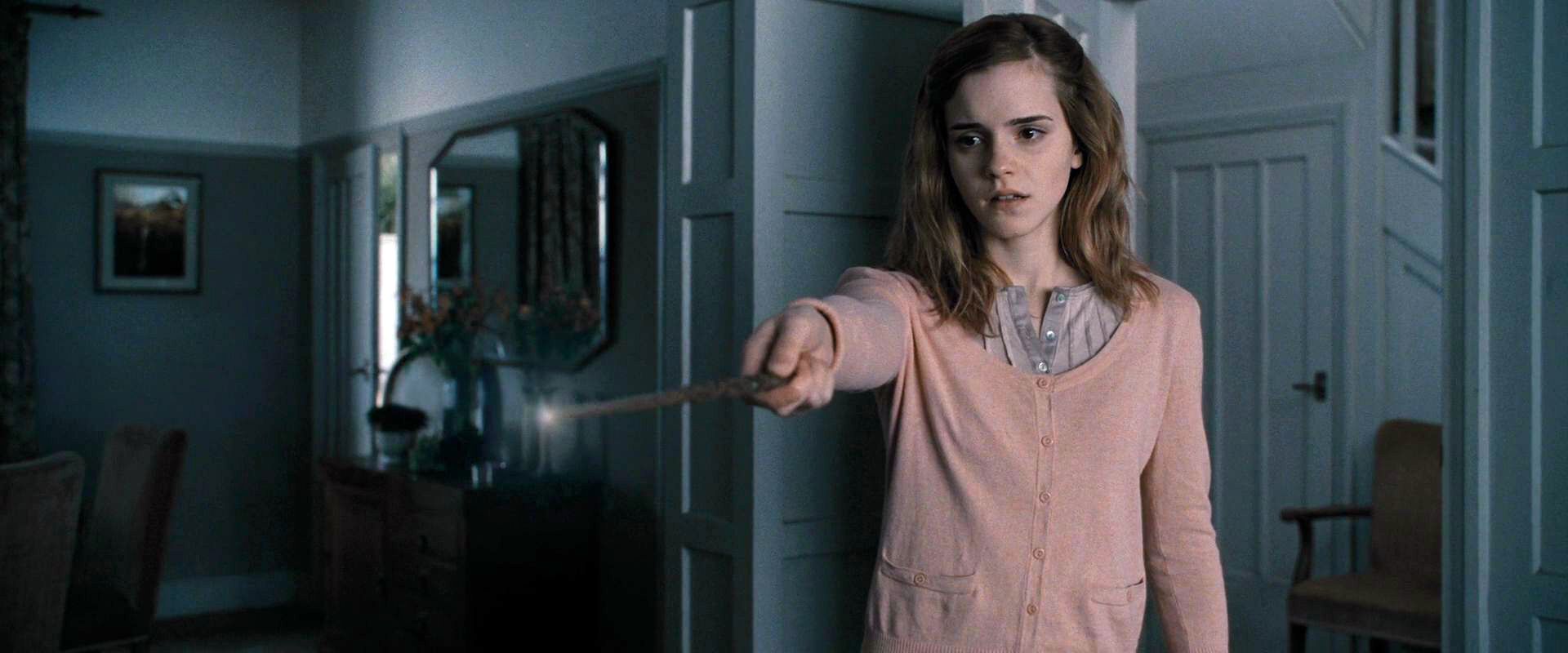
Magic doesn’t have to be channeled through a wand, contrary to popular belief. It can happen when a wand isn’t present, and we see instances of this happening. Snape even flies in the books, apparently without the use of his wand, and things such as apparition don’t take a wand to make them happen.
But the wand is clearly where the strongest magic is channeled, which makes me want to know exactly how a wand works and more about them. The wandmakers in the series are always very mysterious about this process, though. Probably because it would be an extremely long thing to explain.
RELATED: Harry Potter: 15 Most Powerful Spells
8. It Can’t Bring Back The Dead (Sort Of)
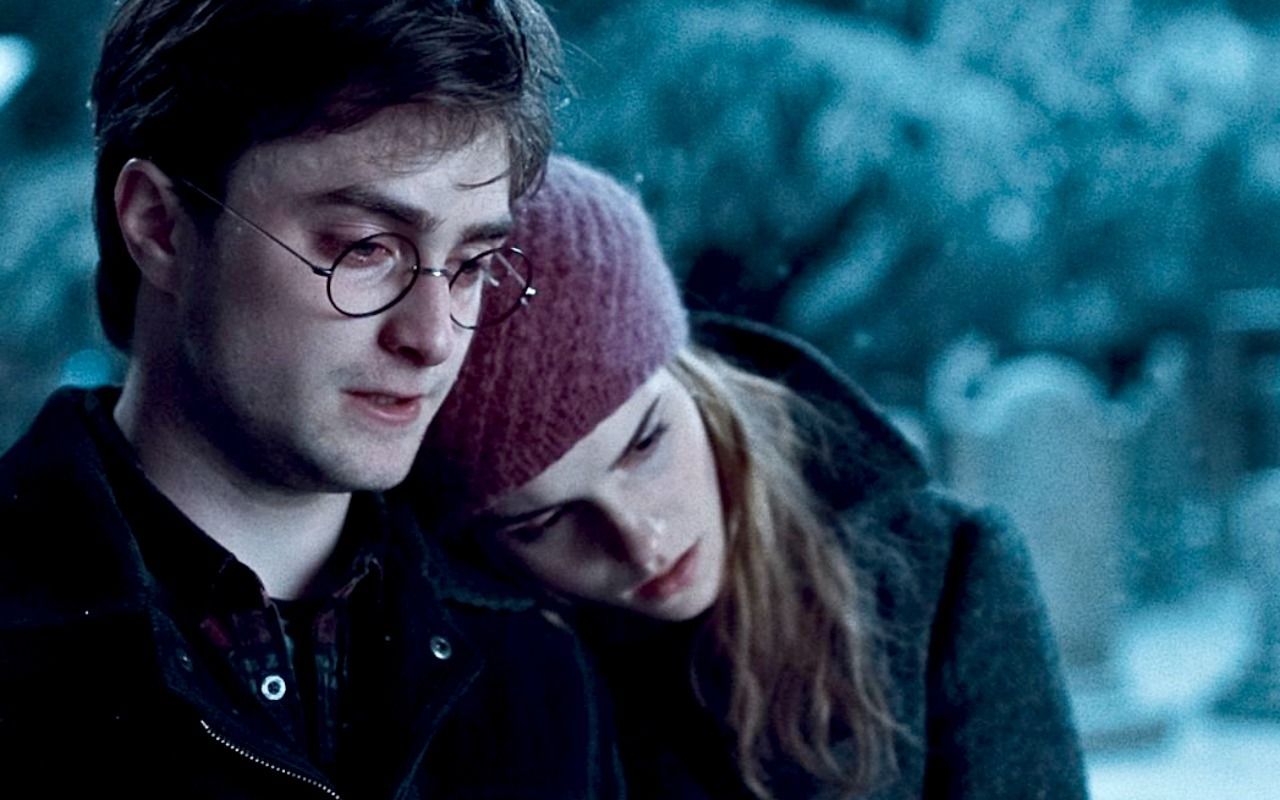
Magic can do all sorts of extraordinary things, but for some reason, it’s never been able to bring back the dead.
Well, kind of.
The Resurrection Stone can sort of bring back shadows of the dead. There also seems to be a rule that when witches and wizards die, they can choose to come back as a ghost (but they rarely seem to choose to do this, for some reason). But in terms of actually reviving a corpse, it seems to be completely undoable. It’s kind of weird that magic can do shadows of this, but not the actual thing itself. But also, it's probably a good thing. No one wants Voldemort back.
RELATED: 15 Most Controversial Deaths In Harry Potter
7. It Can’t Conjure Food
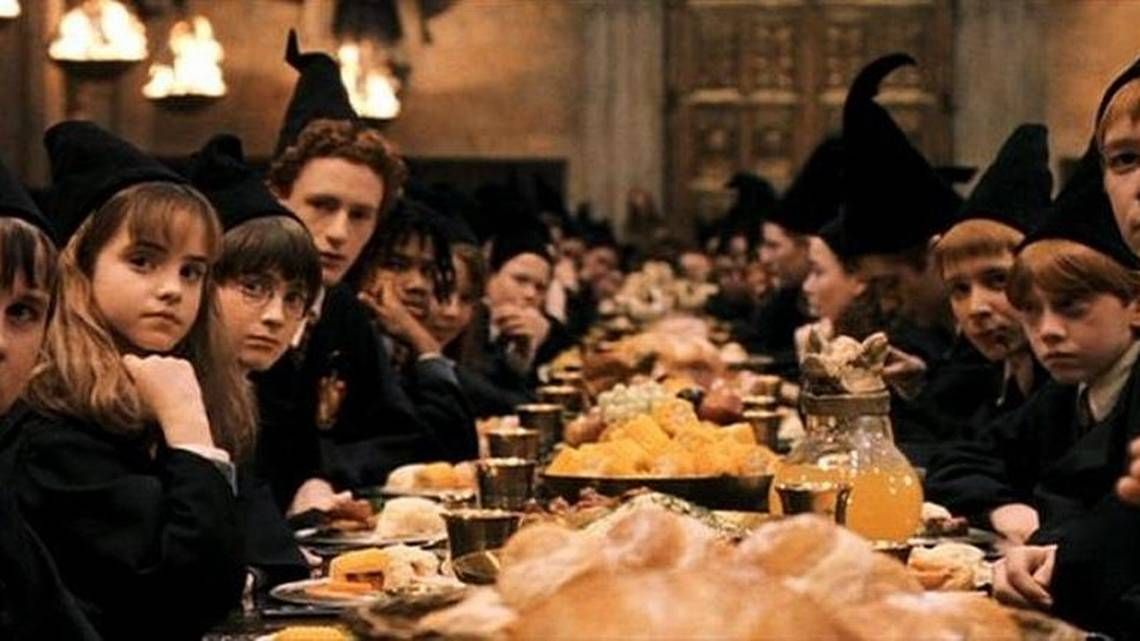
Apparently, GAMP made five laws of magic, and this is one of them. Magic can conjure water; it can be used to prepare food, enlarge food, summon it from different places... McGonagall, for example, conjures a platter of sandwiches from the Hogwarts kitchens at one point. But she couldn’t have brought them out of thin air!
It seems kinda sad; if it was possible to do this, no witch or wizard would ever starve because they’d always be able to have food on demand. I have to admit, this would be kind of dangerous though. I don’t want to think about how much I would eat if I just waved my wand and it appeared.
6. It Can’t Fix Some Seriously Basic Things
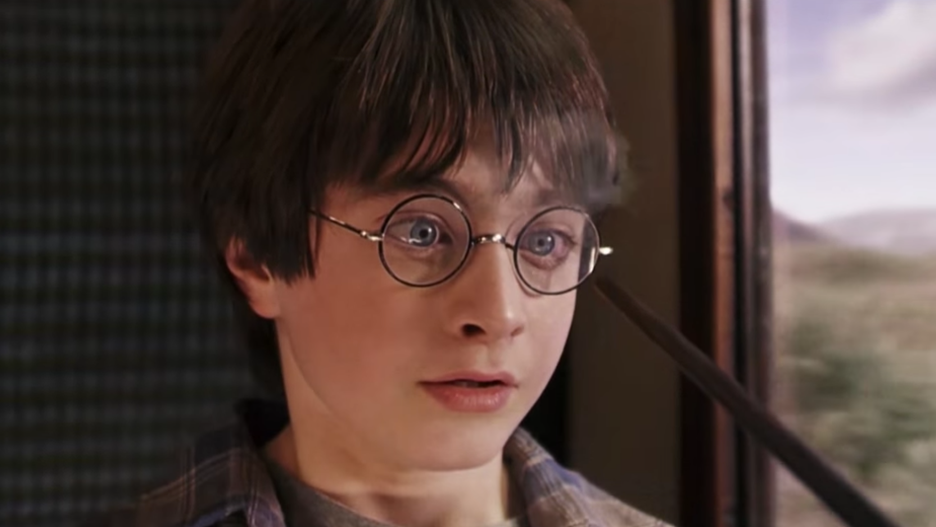
Magic can do some seriously weird and wonderful things, like change a human into an animal and back, and some other things that completely defy the laws of nature. But it seemed to lack the ability to do some pretty basic things. For example, Harry wore glasses for the length of the seven books and beyond. Was there no spell that could just fix his eyesight and make that less of an inconvenience for him?
There were healing spells that worked for everything else, so it seems weird that Hermione never suggested fixing his eyes for him. It would have made Quidditch in the rain less of a hassle for him, for one thing.
5. It Was Legal For A Thirteen-Year-Old To Control Time
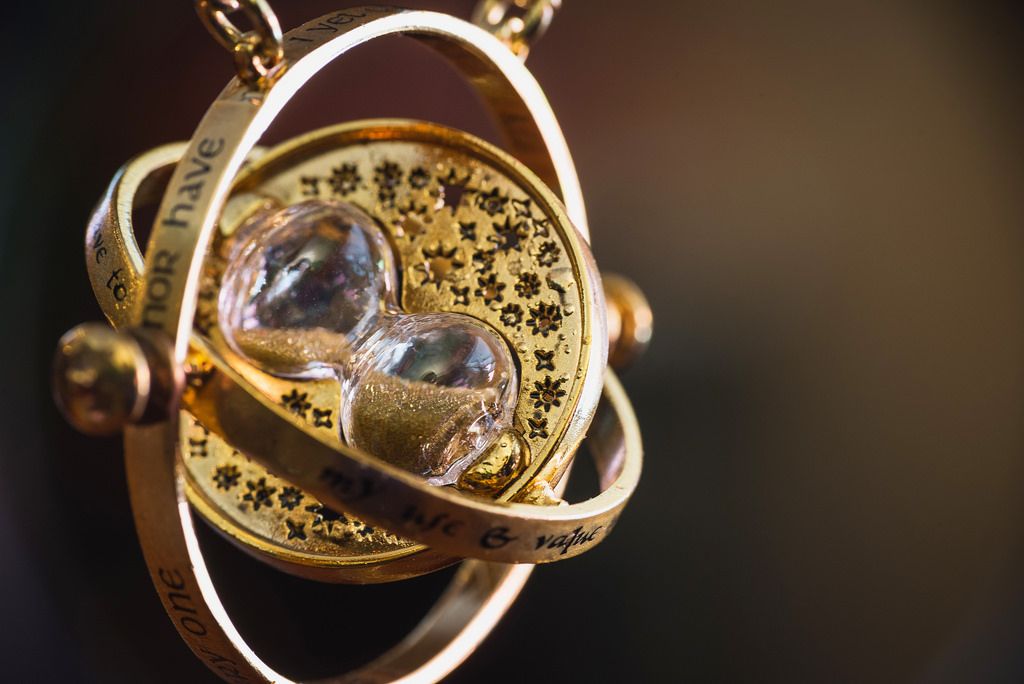
Speaking of Hermione: why did they give a 13-year-old a time-turner?
Time travel is a very real thing in this universe. There are objects called time-turners that can turn time back, but it creates a duplicate version of the person. They don’t just vanish and reappear as it happens in other franchises with time travel lore. But it seems bizarre to me that Hermione, at the age of 13, was given one of these. This seems like overwhelmingly powerful magic and, sensible as she was, it’s hard to imagine a 13-year-old using this responsibly and correctly.
Um, McGonagall, what were you thinking?
4. It Doesn’t Work The Same For House-Elves
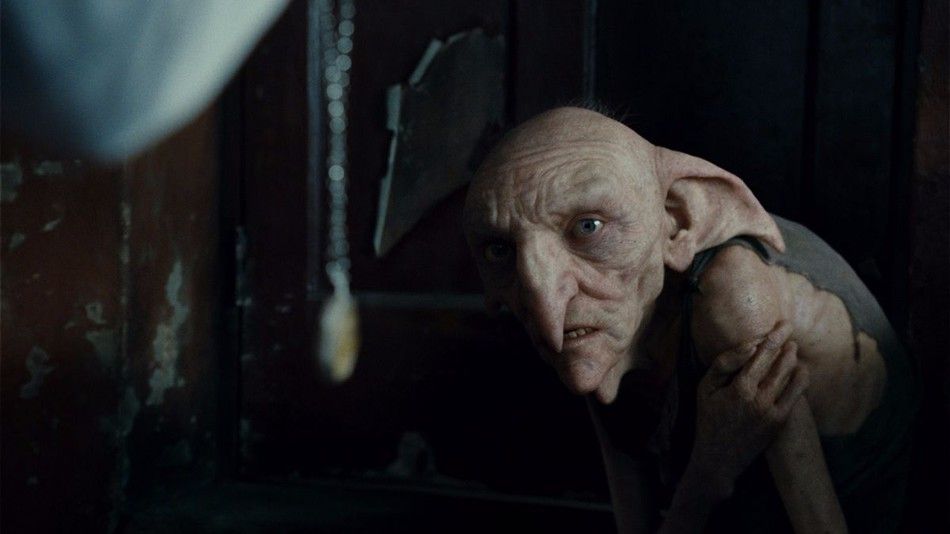
The same type of magic is sometimes present across different species. For example, house-elves can apparate, which is a skill taught to witches and wizards when they turn 17 (the magical replacement for driving, I guess). What’s weird is that it seems to work a completely different way. For example, there’s a lock on Hogwarts that means people can’t apparate in and out of its walls, which makes sense. Otherwise, Voldemort would have apparated in and killed Harry, and the story would’ve been over extremely quickly. But the same restrictions don’t apply to house-elves, who freely seem to apparate all around the castle.
Hmmm...
3. It’s Often Connected To Emotion
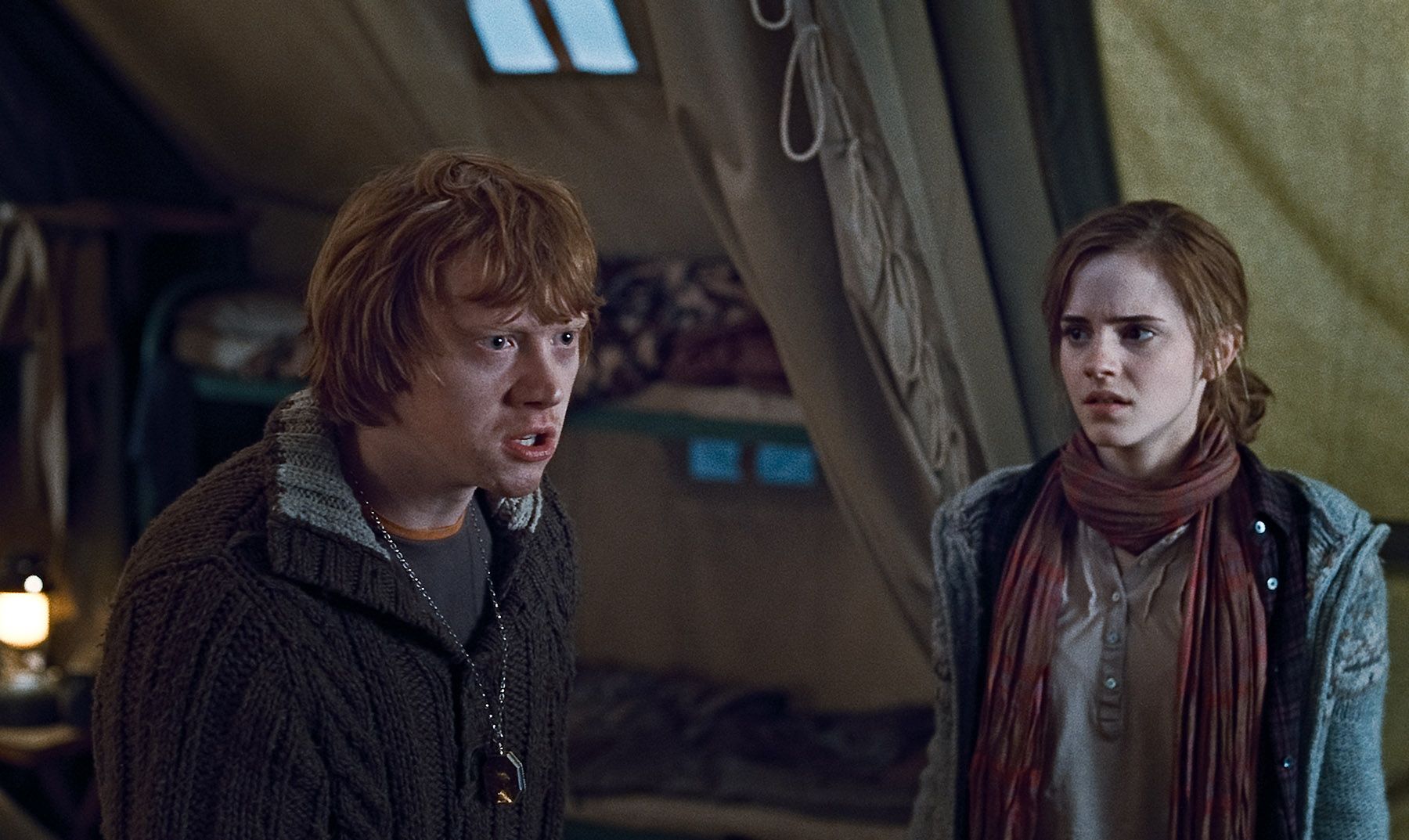
A common theme throughout the books is that magic seems to require emotion, which is strange since it goes mostly through the wand.
Can wands read minds?
A good example of this is a Patronus. A Patronus requires a happy memory, a jolly feeling, to be conjured. And if the person isn’t feeling happy enough empowered by their chosen memory, the Patronus won’t appear. A really awful example is the Cruciatus Curse, which needs a genuine desire to cause pain.
So it seems that magic can actually sense emotions, which is… a little bit creepy. I wouldn’t really like the thought of a wand reading my mind.
RELATED: Pottermore Quiz Lets Harry Potter Fans Discover Their Patronus
2. It Happens Accidentally Sometimes
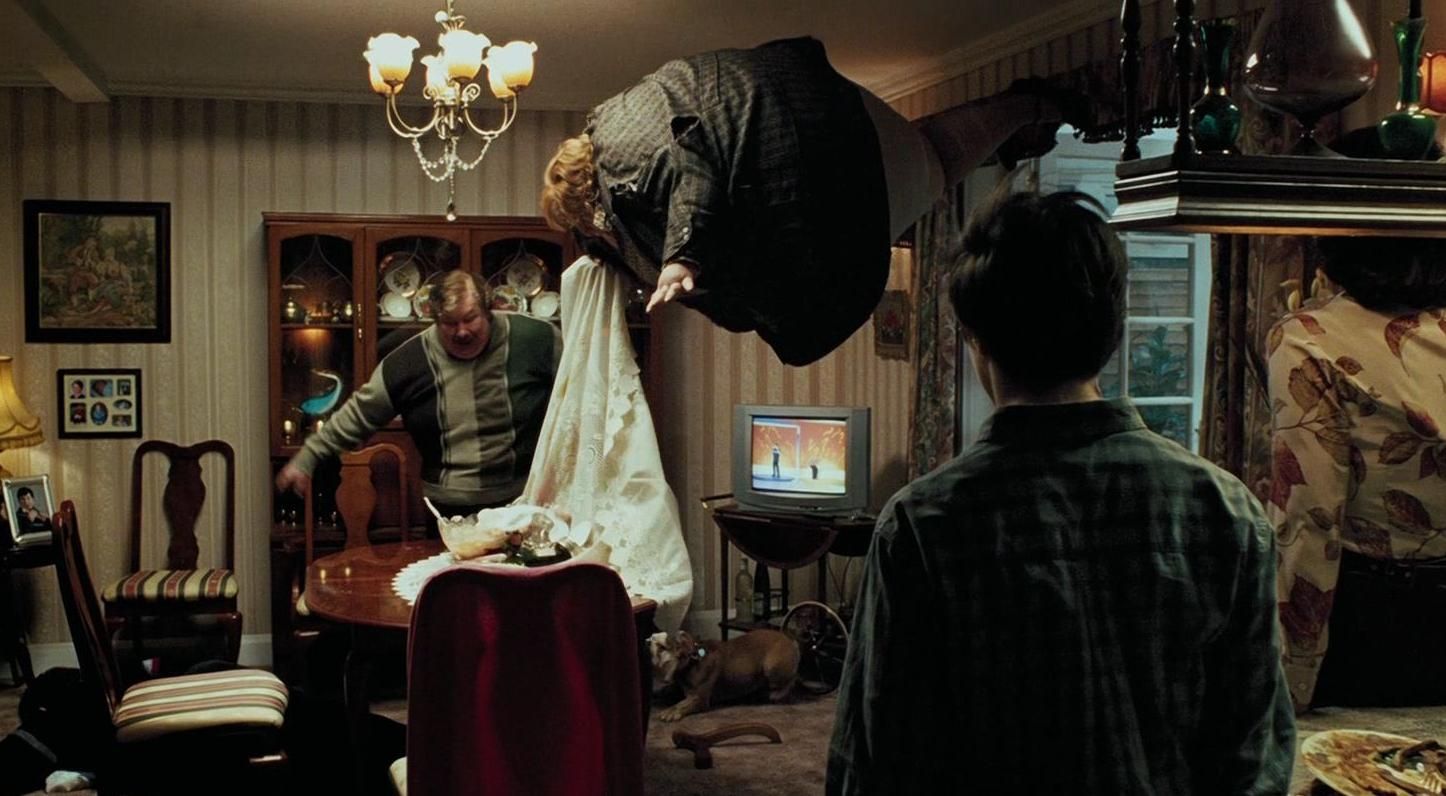
Accidental magic is apparently a very real thing. It mostly happens in children who haven’t yet learned to control their magic, but it’s still a really scary thought that someone can have an explosion and do something by magic. Accidental magic is, at least, not punished by the Ministry, which is good.
This is how most people learn they’re a witch or wizard. Before they get their Hogwarts letter, an extreme emotion causes them to have a burst of magic. Harry had a few when being bullied by Dudley, like a gust of wind putting him on the roof and out of his cousin’s reach. Aww.
1. It Seems To Be A Little Bit Present Even In Squibs
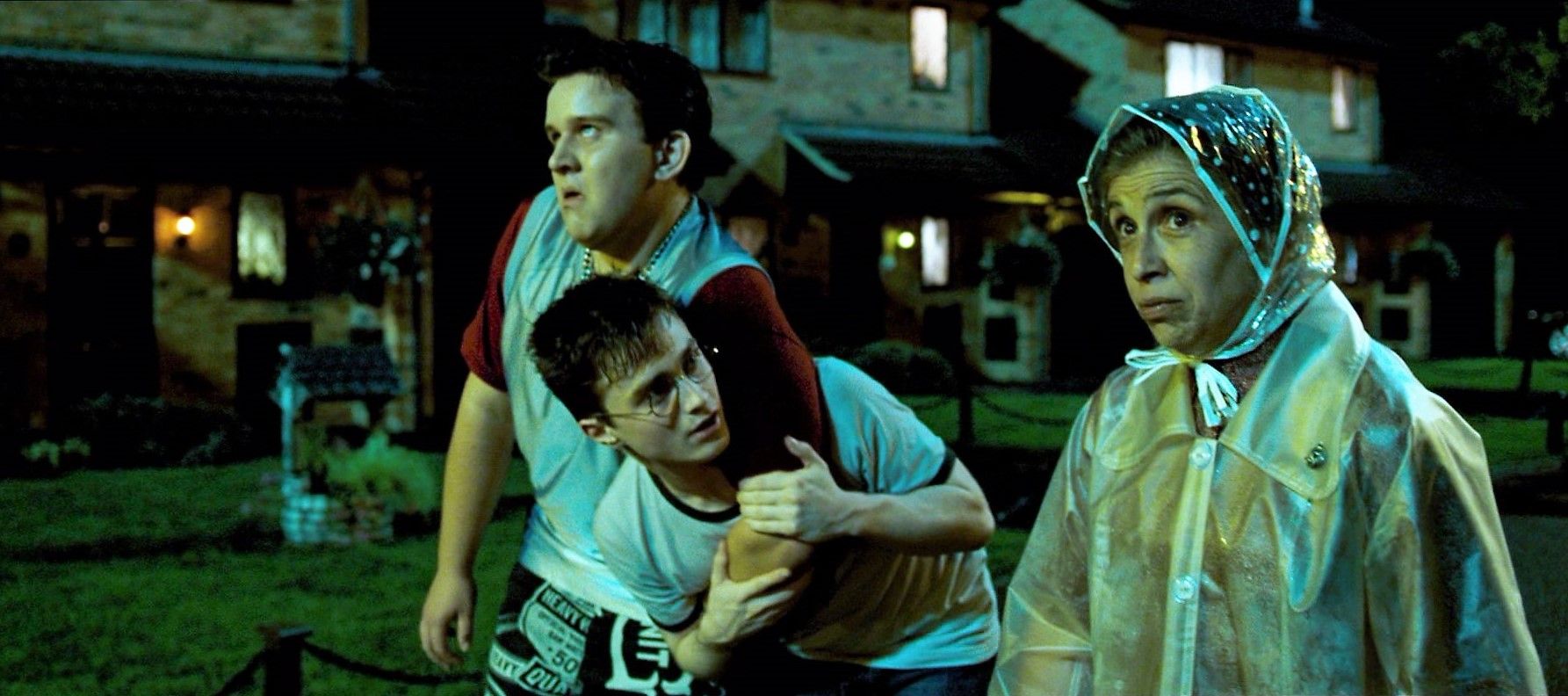
One really weird rule of Rowling’s magic system is that it seems to be a little present in squibs.
Squibs are the opposite of Muggle-borns. Where Muggle-borns are born into a non-magical family with magical powers, squibs are born into a magical family and have none. They’re rare, but we hear of a couple throughout the series, such as Arabella Figg and Marius Black. Mrs. Figg states that despite being a squib, she can see Dementors, which means she must have a tiny bit of magical ability in her even though she can’t direct it.
Hmmm. I wonder what else squibs can do, in that case?
from ScreenRant - Feed https://ift.tt/2zW5TqR


0 Comments